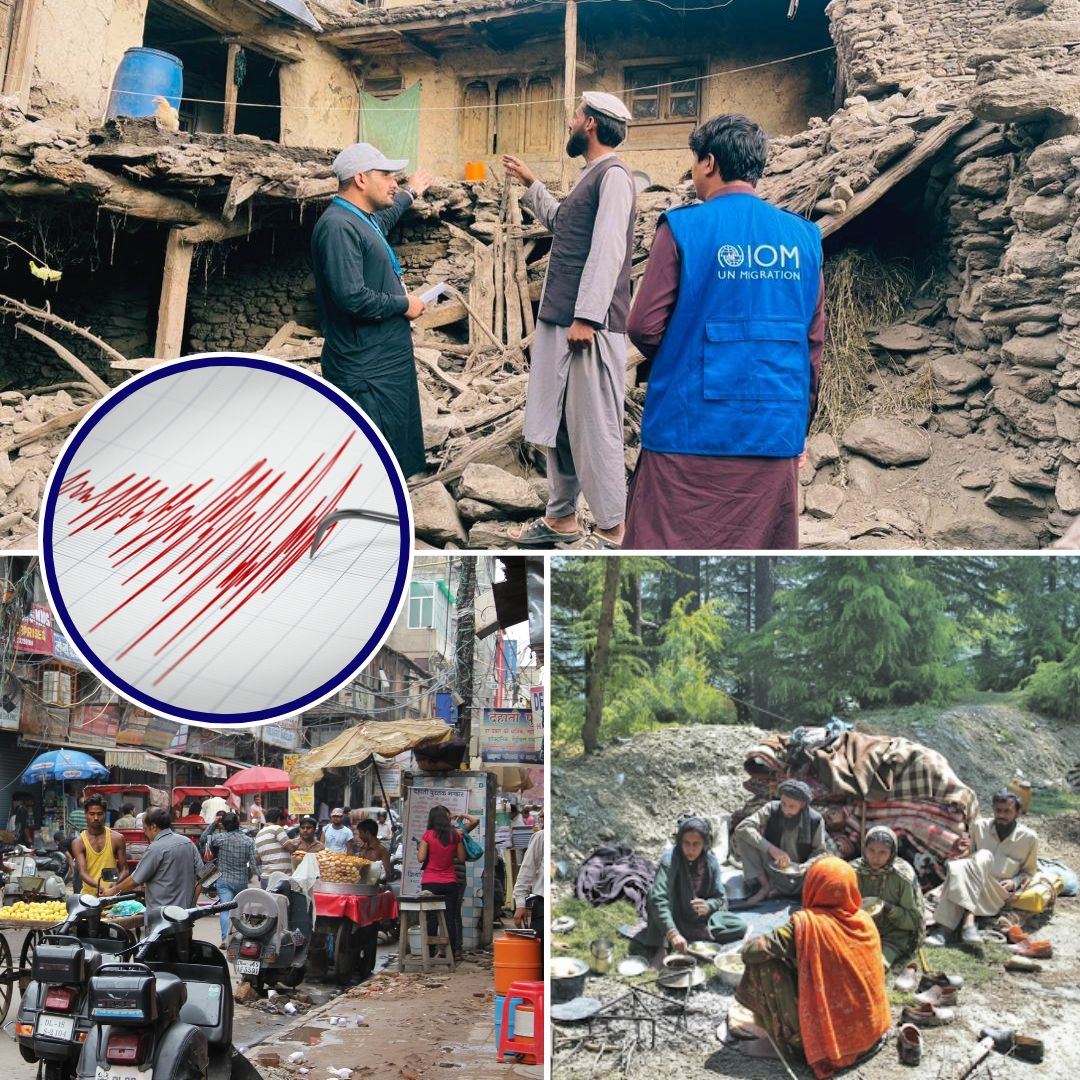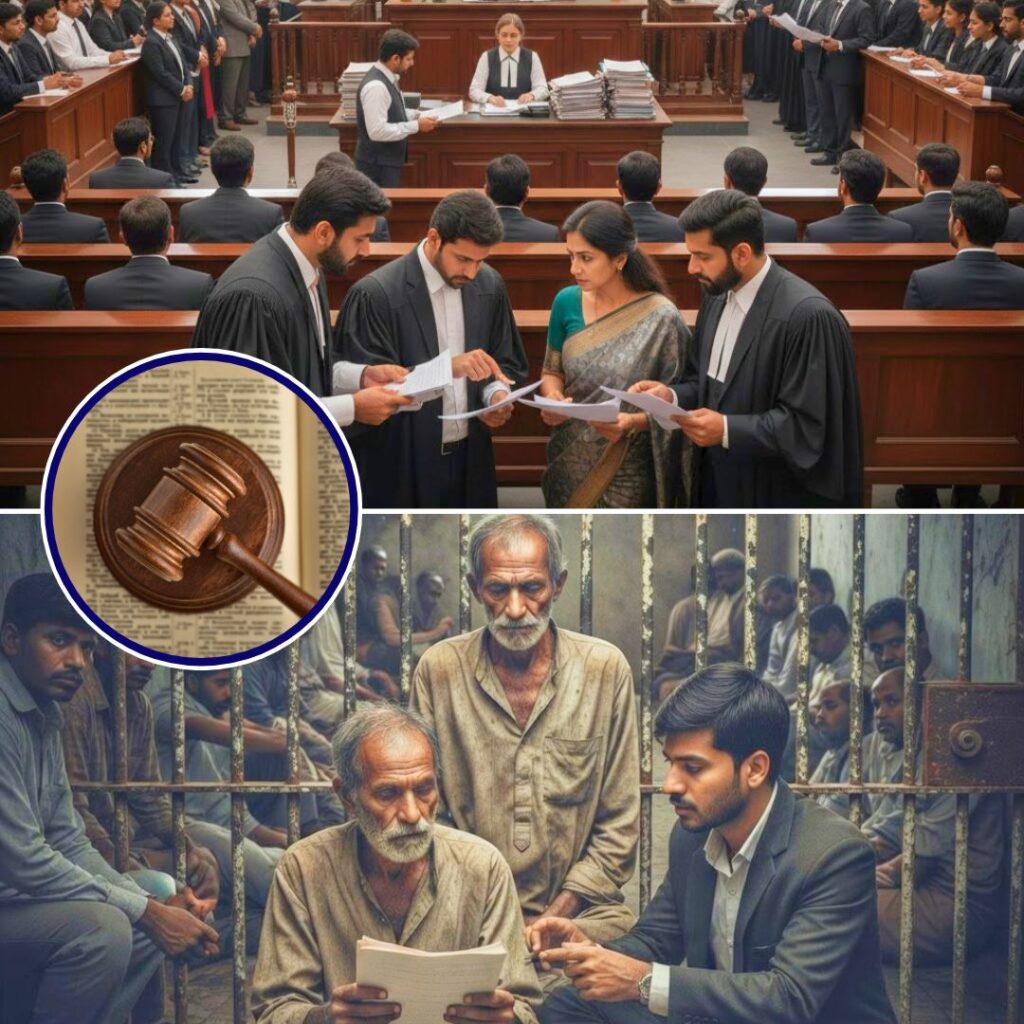On September 4, 2025, a strong 6.2 magnitude earthquake struck southeastern Afghanistan, near Jalalabad, marking the third major seismic event in the region within a week. The tremors were felt across northern India, including Delhi-NCR and Jammu & Kashmir, as well as parts of Pakistan.
Today morning an earthquake of 4.6 magnitude hit Afghanistan again, the epicenter was 138 Km east of Kabul. Following which another one of 5.2 magnitude hit again.
The quake has exacerbated a grave humanitarian crisis in Afghanistan’s Kunar and Nangarhar provinces, where over 1,400 people have died and at least 3,640 injured.
Rescue operations continue amid landslides and blocked roads, with India sending aid to Afghanistan while reporting no damage or casualties locally. International agencies have called for urgent assistance to help affected communities facing displacement and infrastructure devastation.
Seismic Impact and Human Stories
The earthquake struck late Thursday night at a shallow depth of 10 km, causing widespread alarm across northern India and Pakistan. Residents in Delhi-NCR and Jammu and Kashmir reported feeling strong tremors lasting several seconds, prompting temporary evacuations and panic among communities. While India and Pakistan did not report any injuries or structural damage, the tremors were severe enough to disrupt daily life and heighten awareness of seismic risks in the region.
In Afghanistan, however, the impact has been disastrous. Thousands of homes have been destroyed or severely damaged, forcing many survivors to live under tents or in makeshift camps. Rescue teams face daunting challenges navigating mountainous terrain wreaked by aftershocks, rockfalls, and landslides.
Afghan survivors recount harrowing tales of loss, with families mourning loved ones buried under rubble and many injured unable to access timely medical help. The ongoing earthquakes have compounded Afghanistan’s severe humanitarian crisis, exacerbating food shortages, water scarcity, and displacement. Global aid agencies warn that dwindling resources and blocked roads are critically impeding timely relief efforts.
Background and Context
This earthquake is part of a deadly sequence that began with a 6.0 magnitude quake on Sunday, followed by multiple aftershocks including a 5.6 quake on Thursday itself. These tremors have struck the vulnerable Hindu Kush mountain region, where many homes are constructed from fragile materials unable to withstand seismic activity.
The affected eastern provinces of Kunar and Nangarhar have been hit hardest, suffering loss of life, destruction of over 6,700 homes, and displacement of tens of thousands. Rescue workers, including local commandos air-dropped into isolated villages, continue their efforts despite logistical obstacles.
Afghanistan’s ongoing humanitarian crisis, worsened by years of conflict, drought, and limited international aid post-Taliban takeover, has intensified the vulnerability of the population to such natural disasters. Humanitarian organisations stress urgent needs for food, medical supplies, shelter, and infrastructure rebuilding.
The Logical Indian’s Perspective
The tragic unfolding in Afghanistan and the tremors felt in India and Pakistan remind us of our common vulnerability and shared fate in the face of natural calamities. The Logical Indian urges a compassionate, cooperative approach among South Asian countries and global allies, emphasizing empathy, humanitarian solidarity, and long-term resilience over political divides.
It is crucial to foster dialogue and collaborative disaster preparedness, support for affected communities, and peace-driven relations that transcend borders. In a region often marked by conflict, acts of kindness and aid in times of crisis serve as powerful bonds of humanity.
EQ of M: 5.2, On: 05/09/2025 07:00:06 IST, Lat: 34.51 N, Long: 70.58 E, Depth: 140 Km, Location: Afghanistan.
— National Center for Seismology (@NCS_Earthquake) September 5, 2025
For more information Download the BhooKamp App https://t.co/5gCOtjdtw0 @DrJitendraSingh @OfficeOfDrJS @Ravi_MoES @Dr_Mishra1966 @ndmaindia pic.twitter.com/QAWVCwy6Er













